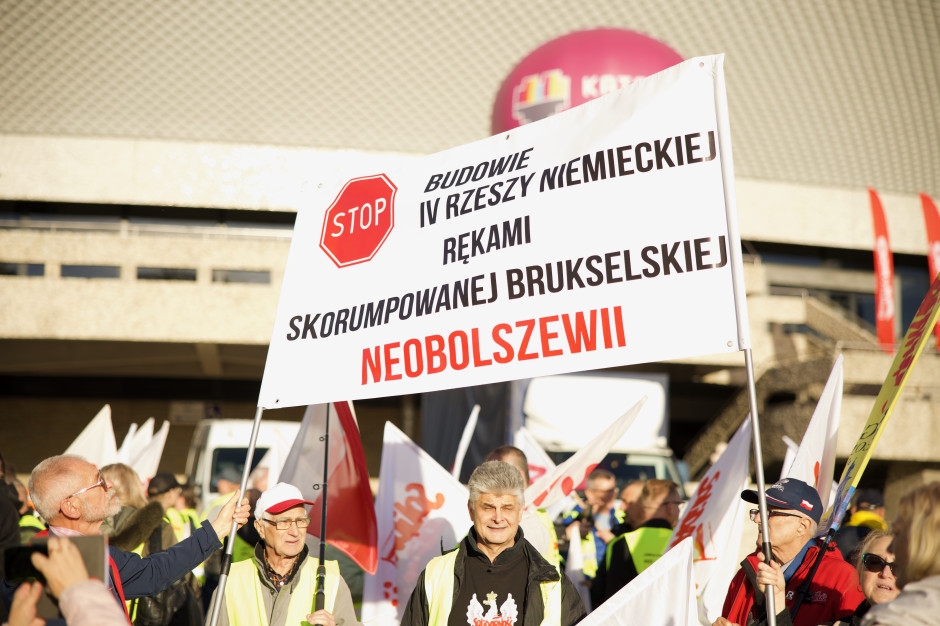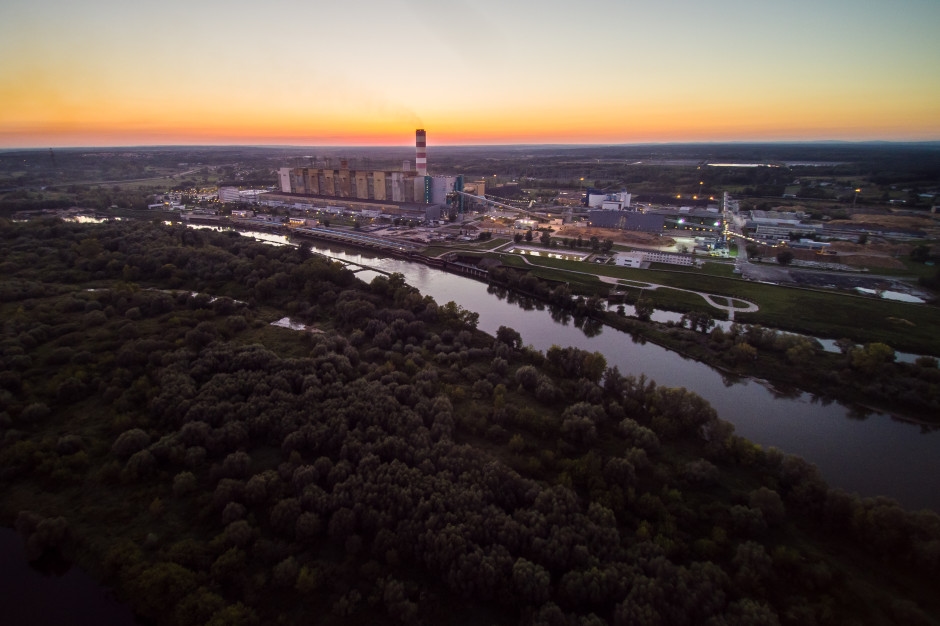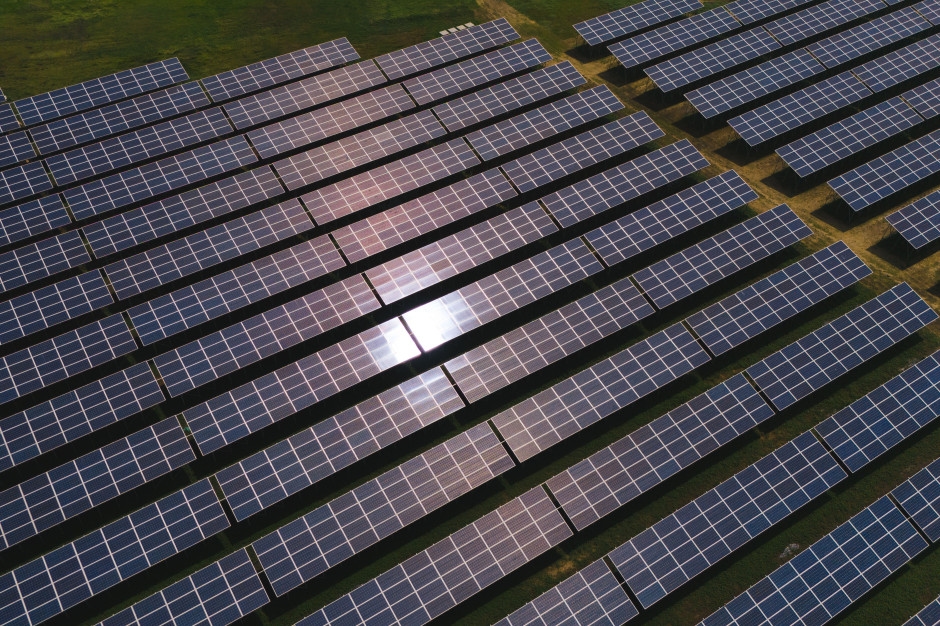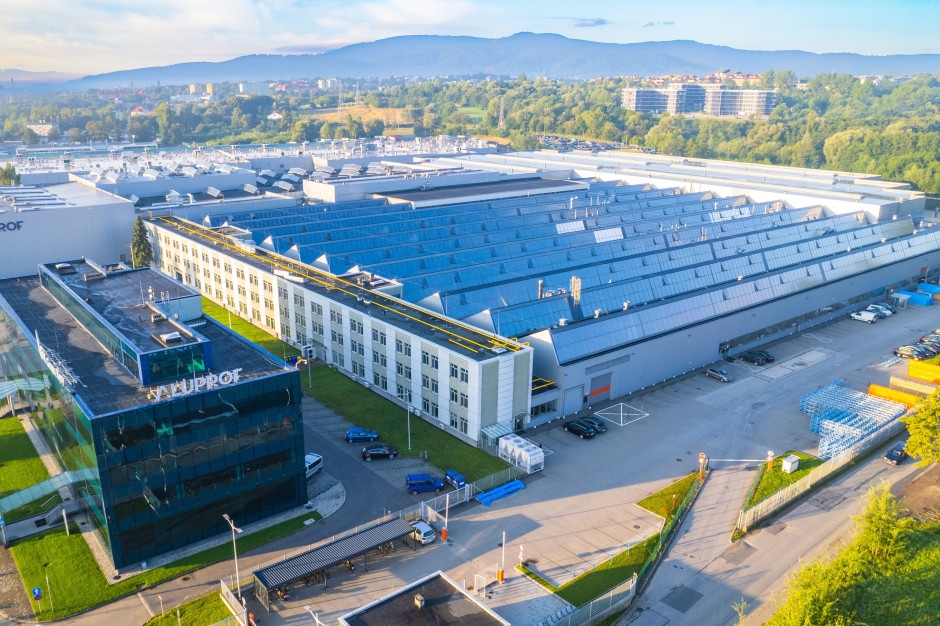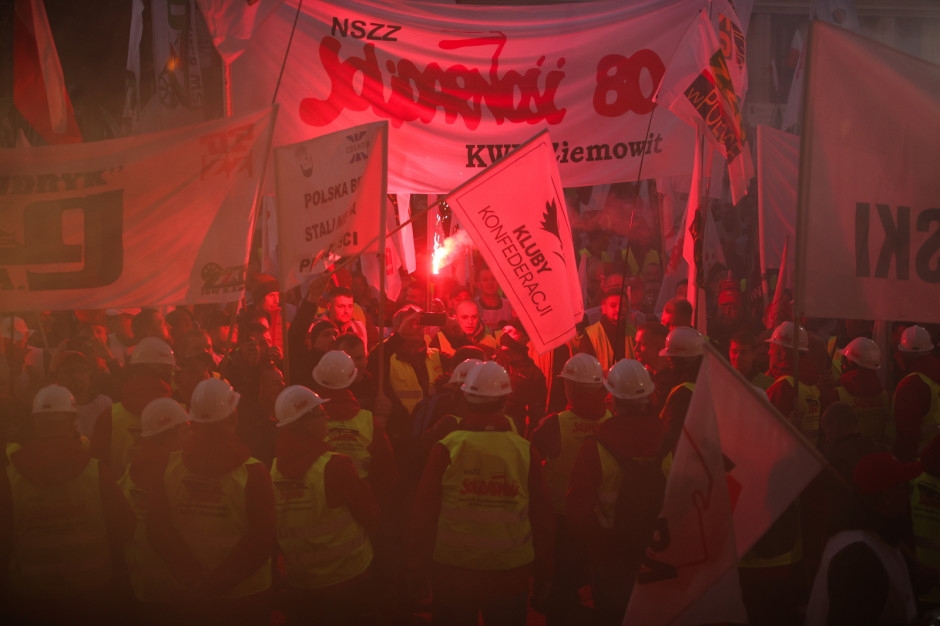Aluminum recycling has a bright future ahead. It can save up to 95 percent of energy.

- Secondary aluminum smelting reduces water consumption by 95 percent and non-greenhouse gas emissions by as much as 90 percent.
- Experts emphasize that aluminum can be melted almost endlessly without losing its quality and properties.
- In the first nine months of 2025, Grupa Kęty had PLN 466 million of consolidated net profit, compared to PLN 464 million a year earlier.
"In 2024, the Kęty plant recovered a total of 35,516 tons of aluminum scrap. In the first half of 2025 alone, this amount already exceeded 20,000 tons. The foundry's production capacity this year will likely exceed 60,000 tons of ingots over a 12-month period, placing it among the largest aluminum recycling centers in Poland ," says Maciej Budziński, Environmental Policy Director at the Kęty Group.
You can save up to 95% of energyThe aluminum recovery process begins with selective scrap collection. Post-consumer waste, such as that from woodwork dismantling, and pre-production waste, also known as technological waste, are collected separately. This allows for maximum melting efficiency.
At the Grupa Kęty plants, in the melting and casting furnaces, aluminum ingots are produced from recovered scrap, pure aluminum and alloy additives, which constitute the basis for energy-saving solutions from Aluprof, a company belonging to Grupa Kęty.
In this way, aluminum, including from demolished windows, returns to the market in the form of new profiles – not only durable, but above all low-emission.
"Aluminum recycling isn't just a way to reuse a raw material. It primarily contributes to lower emissions across the value chain , as it requires only 5% of the energy needed to produce the primary metal. That's why we at Grupa Kęty are focusing on aluminum recovery. Having our own foundry allows us to maximize the advantages resulting from the trend of replacing primary metal," emphasizes Maciej Budziński.
Reducing water consumption and dust emissionsRecycling aluminum also reduces water consumption by 95% and non-greenhouse gas emissions by as much as 90%. This reduces the carbon footprint of Aluprof recycled profiles to just 3.3 kg of CO2 equivalent per kilogram of aluminum.
Experts emphasize that aluminum can be melted almost indefinitely without any loss of quality or properties . This means that Aluprof products not only meet the highest standards of aesthetics and energy efficiency, but also genuinely support the circular economy.
" Thanks to recycling, we save over 95% of energy compared to primary production . This direction defines the development of the entire industry and is an important element of Aluprof's sustainable development strategy," says Aleksandra Baksik, Sustainable Development Manager at Aluprof.
Net profit growth in the third quarter of 2025Grupa Kęty recorded PLN 176 million in consolidated net profit attributable to shareholders of the parent company in the third quarter of 2025, compared to PLN 147 million in the prior year. Operating profit amounted to PLN 234 million, compared to PLN 200 million in the prior year. Consolidated sales revenue reached PLN 1.45 billion, compared to PLN 1.36 million in the prior year.
Cumulatively, in the first nine months of 2025, the company had PLN 466 million of consolidated net profit, compared to PLN 464 million a year earlier, with sales revenues of PLN 4.24 billion compared to PLN 3.9 billion a year earlier.
The Kęty Capital Group consists of 23 companies and employs approximately 6,100 people. The Group claims to be Poland's largest supplier of aluminum profiles and components, as well as the resulting aluminum systems for the construction industry, and a leader in the production of packaging materials and easily recyclable polypropylene films in Poland.
wnp.pl

